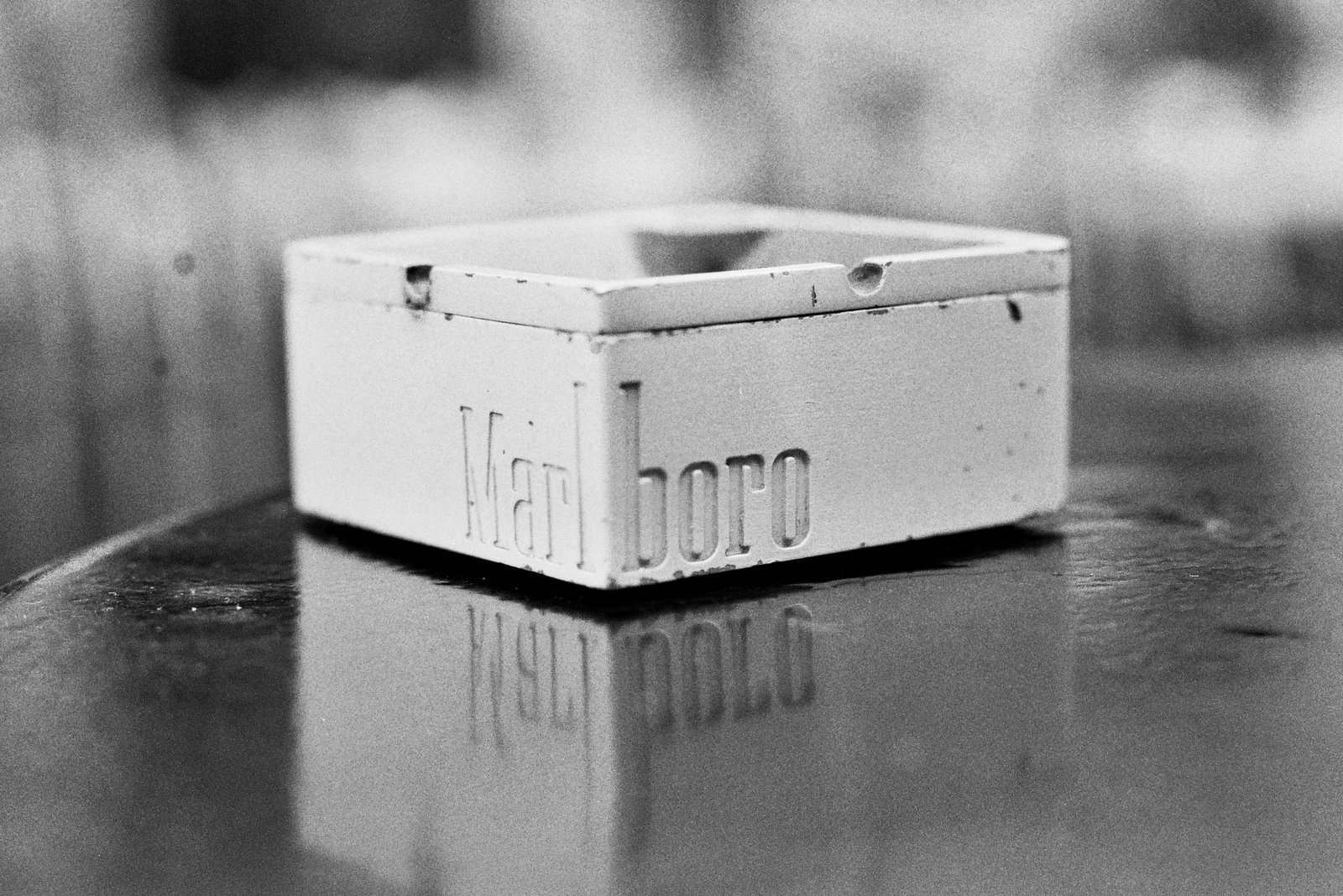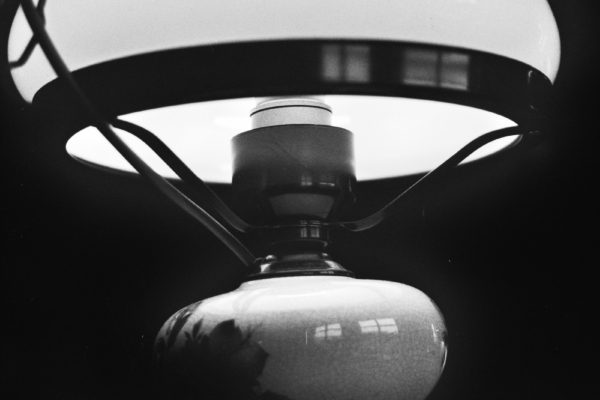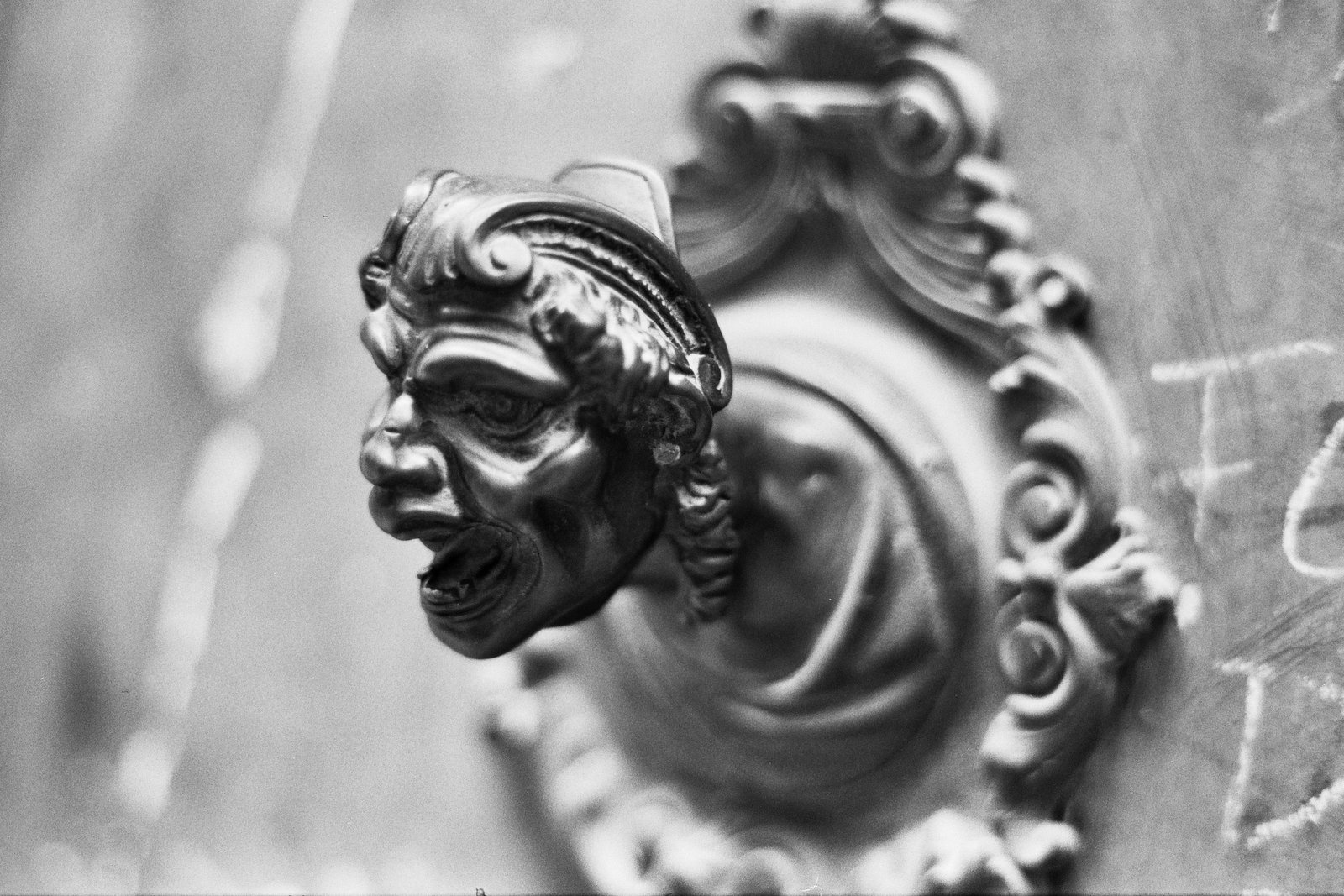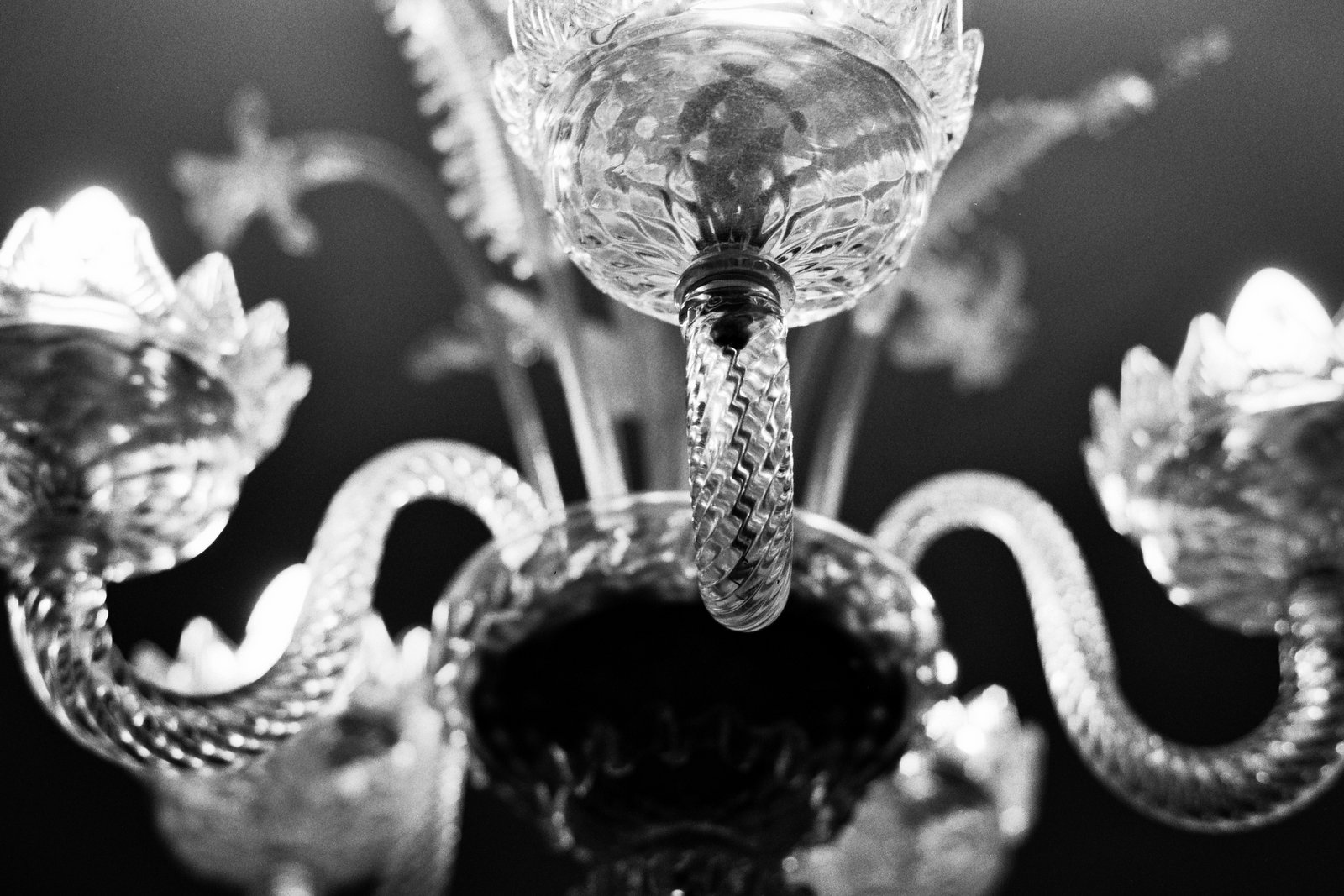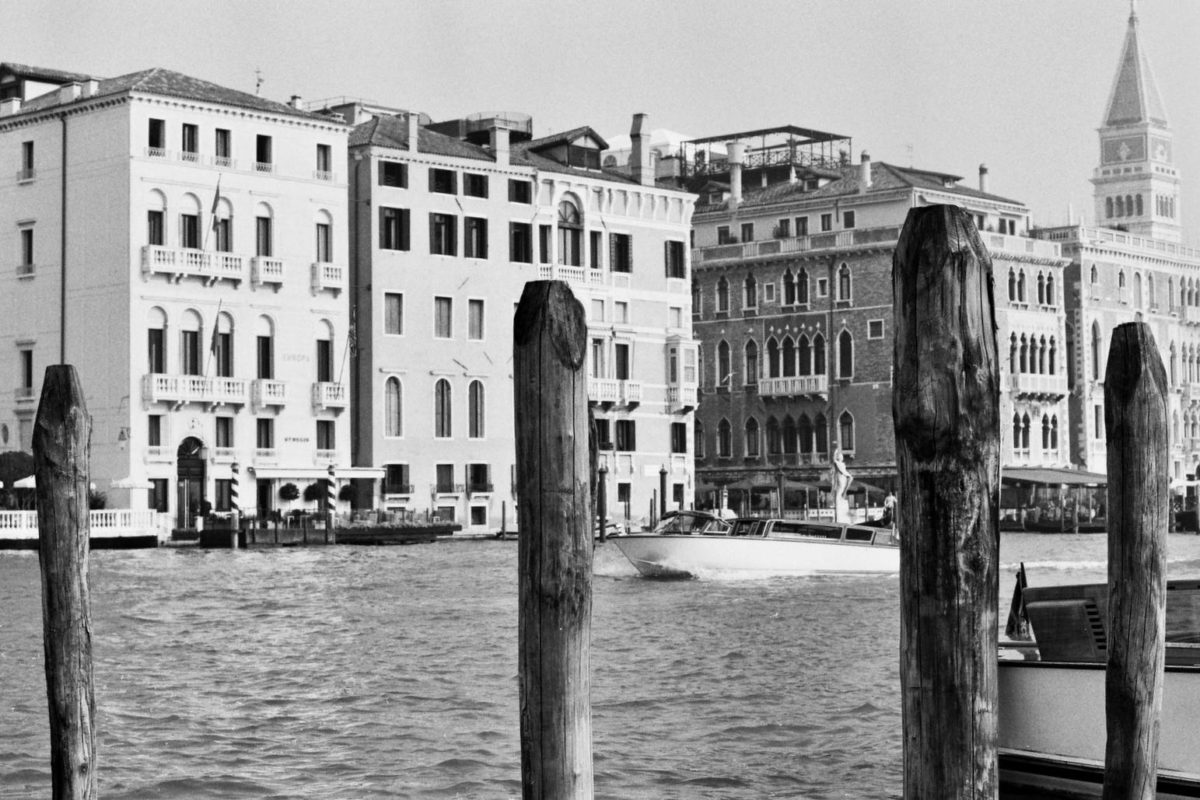Part 1
On the 4th night of Quintilis a new star materialised in the firmament. It appeared suddenly in a pellucid sky. Near to the horizon, it was an interloper, instantly illuminating the heavens. For 23 days it glowed like a firefly, visible during the day; brighter, even, than the moon. A diminutive sun had awoken and yet within a month, it had evanesced to such a degree that it became nothing more than a new star, visible at night only. I named it the Star of Jupiter after the king of the ancient gods, the newly- born daughter of our dominant celestial body.
For a year after its spectacular birth, it sat incongruously in an otherwise familiar star field. As the Court astronomer to one of the Dukes of Bavaria, I had previously dedicated my life to cataloguing the heavens, From the day of its arrival, however, I fixated on what I was witnessing, setting aside all other study in my pursuit of the key to this arcanum. My usual duties were ignored whilst I devoted my waking hours and indeed my dreams to unravelling this mystery of the heavens.
As 1054 wove its final days into the fabric of history, the trespasser dimmed and finally slipped away unnoticed behind the clouds of our Germanic spring of 1055. Since then however, I have not been able to shake the notion that something remains concealed from me in some form I cannot yet perceive.
From the day of its arrival I fixated on comprehending that which I was witnessing, quickly, setting aside all other study in my pursuit of the key to this arcanum. My usual duties as court astronomer were ignored whilst I devoted my waking hours and indeed my dreams to unravelling this mystery of the heavens. Only very recently have I come to terms with the truth of the matter that I will never truly understand the idiographic happenstance we all observed that fateful year.
Those intent on reading portents into the Star of Jupiter were quick to promulgate their apocryphal divinations. Doom mongers talked of a malignancy that would destroy mankind. Madmen frothed at the mouth and rolled in the dirt. Others with political machinations sought to declare it a symbol of uprising, albeit none took any heed apart from the soldiery, who were instructed to brutally supress any such proclamations. The most disturbing manifestation came from proselytising zealots determined to portend the star as presaging the second coming of Christ, Men of Christ were accepted into the Court and given forbearance for their hysterical claims that should have been rejected out of hand.
Had the previous Duke still been alive; had the gout that claimed him scarcely three years earlier actually been treated by his myriad apothecaries, then perhaps matters would have been different. However, his heir perceived the hand of divinity in all he surveyed. I watched the priests and high clergy, including envoys from Rome who had previously been politely starved of any real power, play to the Duke’s base desires. I watched them cynically manipulate his dogmatism for their own ends, lining their own pockets through stoking fear and doubt amongst the Court.
This was a fever driven from the King himself and it reached pandemic proportions. Reason gave way to the rule of faith and polemical theology, meaning that the year 1055 was the year the Salian Dynasty’s previously benign rule skewed irreversibly into schism and conflict. And the more the King pronounced his satisfaction with God’s law, the more our Duke and his advisers sought to turn the screw on reason and science.
This, I saw with my own eyes and as the year wore on my position within the court diminished. Science became an unheeded anachronism to be shunned and belittled. My unheeded pleadings for reason were set adrift on a violent sea of divinity dogma.
I listened as our new stellar arrival had meaning stamped onto it like a branded heffer. It Became simply enough to say that God’s hand was manifest in its appearance to drown out any attempt at debate. My attempts to account for what we had witnessed were quickly pronounced sacrilegious. Like a sick dog, I found myself skulking in darkened corners, hoping not to be seen or heard.
As the Court increasingly took to an extreme dogmatic view of the world, so I became aware that the zealots were petitioning for a charge of blasphemy to be brought against me. With that would come exile. Only respect for my position under the former Duke stayed their hand as long as it did. However, the sympathetic moderates within the court initially willing to protect me soon thought more of their own position and distanced themselves. The growing band of fanatics clamouring for my head strengthened with the coming of the summer sun and the remaining support I had hitherto clung upon evaporated like the morning mists. At last, my unwillingness to bend to fit with the prevailing winds of the Court caught up with me.
Had I believed in the devil, I may have been writing that it must have been his hand manipulating the whole country from his seat in the court of the Emperor. However, as a man of science, philosophy and reason, I must accept that man is a herd beast susceptible to the hysteria of doom-mongers screaming tales of wolves skulking on the edges of the darkness.
Before my banishment however, I had the indignity of watching all of my records, charts and treatise, not just those relating to the Star of Jupiter, burned before my eyes on a giant bonfire of so-called heretic material. This heterodoxy against reason was calmly observed by the Emperor himself, sitting alongside the Duke and his gloating courtiers. My work and life in the Court was extirpated from history, just like the star.
I was exiled in the first month of 1056, cast into the newly laid snows with the ridicule of the Court, the only warmth I had, burning within me. Along with me came the Emperor’s decree that the Star was to be expunged from all the chronicles of the age.
Part 2
My only previous journey of significance had been as part of the former Duke’s retinue, travelling with the court of the Emperor to Rome. We travelled like a displaced city state, slowly supplanting whatever lay before it, almost irrespective of the terrain, My memory of this tedious time was of discomfort of the coach and endless hours of staring at the rumps of the imperial guard’s horses from the carriage window. My journey this time was to be altogether different in almost every conceivable way.
For three years I wandered, initially without any plan, but time and unseen tides seemed to push me south and eastward. In the Thraician plain of Attica, where the sky was endless and the scolding days gave way to frigid nights, After the best part of three months alone, I fell in with a small band of Celts, they themselves exiled for reasons they were unwilling to divulge. Together, we loosely followed the trading routes that brought goods and knowledge from the Muslim kingdoms westward and eventually to my former home. For the best part of a year, driven by the weather rather than any definitive plan, we roamed aimlessly. We became more akin to the migratory birds I had observed overhead each spring and autumn from my chambers in the Duke’s court, than men of purpose, seeming propelled by the same ancient dispositions. Eventually, however, we found ourselves heading east.
The hardships of travel were to me as nothing compared to my growing desire to recreate the works of my life, so much so, I spent my nights staring up, the days passing in a trance of contemplation. Periods of the journey were dogged by a scarcity food and other hardships but remained as nothing in comparison with my desire to once again map the stars.
Not far short of three years since I was exiled, my companions and I began to sense that our journey was nearing the end. The vast mountain range that we had been fighting to traverse for best part of a year gave way to a great desert or jarring rock and choking red dust. This in turn gave way to lush plains of crops that took us into dense forests of trees that I could not identify. Even the aromas that ebbed and flowed around us were alien to me.
The peoples we encountered took on an altogether different look. Shorter, in the main, and paler skinned than the moors and tribes that we had encountered on route, but with darker hair and eyes set into rounder faces. Our foreign looks and manner meant that it did not take long for us to be rounded up by the common soldiery. They were polite, although we could not understand each other, and so we gave ourselves wearily to them. From there via a succession of transfers, we found ourselves at the doors of the Court of Emperor Renzong in the great city of Bianjing. All the while, I concentrated on re- mapping the heavens whenever I could. We were welcomed as guests of the emperor and given rooms, food and an invitation to stay. My travelling companions and I soon were separated but they were seemingly made to feel as welcome as I was.
It was beyond any hope I had that we found our way so quickly to such an august place. It was not long before I found that news of my charts had spread through the court and in particular they were fascinated by my rendering of the transitions of the planets and moon, alongside my notes and records made from memory of the Star of Jupiter’s appearance and seemingly swift demise. Surprisingly, there seemed to be some general recognition of the star itself. Only amongst other astronomers in the west would I have been able to find such interest in my studies; whereas here there seemed to be a broader interest in learning from courtiers, with even seemingly minor officials showing some form of understanding of my charts. The language barrier led to a good deal of pointing and gesturing into the sky by both parties, but this only served to feed a growing hope that I had found a society tolerant of my ideas. I even began to foster expectations that these people would, in time, be able to furnish me with additional insights in what I was convinced would lead to advances in our scientific understanding of the heavens.
I took to learning the native language with such expeditiousness that before long I could rigorously probe the court’s astronomers as to their understanding of the star. At first our mutual lexicon, based around the study of the heavens seemed to me to facilitate a limited but common drive to seek answers together, however as my vocabulary improved, I realised that language had not been the only limiting factor in our discussions. I started to discern that the answers I was able to wring from my interlocuters were guarded and somewhat formulaic, as if reading from a script. They referred to it, as best my translation allowed me insight, as something akin to a ‘guest star’ and indeed I was told, being unable to translate their pictorial writings myself, that Yang Weide, considered a foremost chronicler of the Court in all matters astronomical, had coined the term in his treatise on its appearance.
Despite pressing almost daily, I was to remain disappointed when my requests to meet him as rebuffed, although no proper explanation was furnished. Over time, therefore, I challenged myself to learn the language in its written form. Given that have always been blessed with an outstanding memory, I found that my studies, though laborious, yielded substantial results in a relatively short space of time.
The Courtiers with whom I had built a relationship were surprised and impressed by the work I had done and took it upon themselves to introduce me to The Huiyao, great volumes of history maintained by a government department established specifically for the purpose. These texts, I was reverentially informed, contained the great repositories of knowledge for the kingdom. It was therefore with great eagerness that I devoted as many hours as I could to seeking reference within the mighty scrolls to my star.
However, the more I read, the more my heart sank. It became clear to me that when it came to matters of science, the chroniclers often eschewed reason, supplanting it with madcap elucidations based on whatever of the Emperor’s whims or fancies he had espoused to the Court. My disappointment was only tempered by my desire to find reference to my star.
One day, scanning through one of the scrolls, I came across a drawing of the heavens, with what could only be my star in the centre, depicted at the height of its luminosity. My hands trembled with excitement. The illustration had been painstakingly made and matched in quality the best of my charts from my time in the Duke’s court. It was simply beautiful and put the star to within less than a degree of where I had positioned it. It was like it had come from my own hand at the height of my powers. When the shaking had subsided sufficiently for me to continue, I began the arduous task of transcribing the intricate and impossibly neat pictorial text accompanying it, however it was not long before a rage grew in me. The report of Yang Wiede was a long-winded and sycophantic postulation that the star, my star, was a betoken of the Emperor’s divinity. This was a celebration of his power to make it appear and then recede into the darkness of the heavens. And there his treatise ended. There was nothing further.
Despite my disillusionment I determined not to let this deflect me from my purpose. With a renewed vigour, I sought out anyone in the court willing to give me time and pressed for information about my star. It did not take long before I came to understand that the disappearance of my star meant that it had similarly vanished from the mind of the Emperor and with it the chroniclers similarly banished it from their work. The interest that I had perceived in the courtiers when first I arrived had been focussed on the transience of the planets and other celestial bodies that I had discounted as secondary to my main purpose. My fixation on the star had been a curio to them, easily dismissed as such whilst they could learn from me on subjects that still held the Emperor’s interest. However, what mattered to the emperor mattered to the court. I began to understand that what had been written at the time was all that needed to be written. To question the stars’ coming into the heavens was to question the divinity of the emperor and in my zealous and myopic pursuit of the truth as I saw it, I was putting all who associated with me in danger. Despite guarded warnings, I refused to acquiesce.
Now, from the small window in my cell, I look down into a diaphanous spring that flows over and amongst smooth iridescent pebbles as it flows from north to south across the courtyard. The light from the permanently lit candles evenly distributed to either side repercusses off the wet stones like a thousand distant suns. The water sings a soothing refrain. In spring, the peach blossoms sit on the rippling water like a thousand boats endlessly skittering and eddying as they flow toward a low, dark outlet in the otherwise high featureless wall opposite my window. It saddens me however that the heavy canopy set above this sole aperture I have onto the world has been deliberately set to deny me a view of the heavens.

